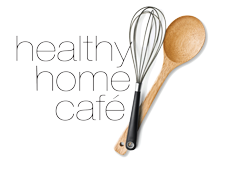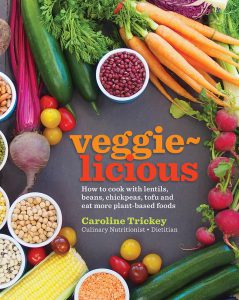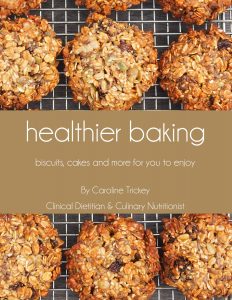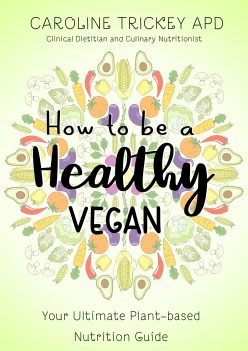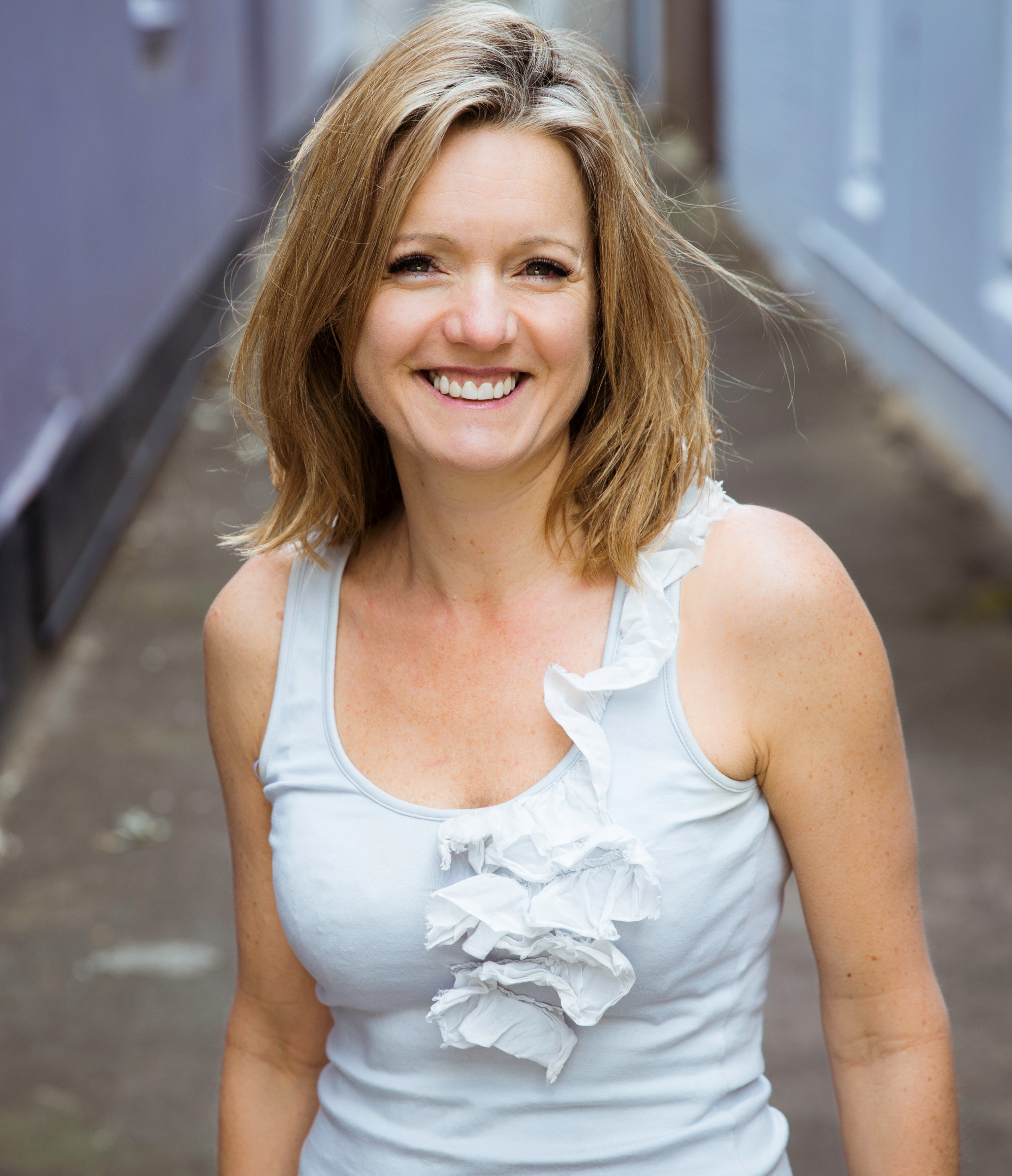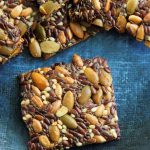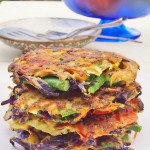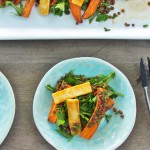How To Reduce Your Risk Of Breast Cancer (and other cancers)
Some great information from Dr Joel Fuhrman (an American doctor who uses evidence based information, not the latest trend or fad!) on what you can eat to reduce your risk of breast cancer.
Click here for more information and references
Fight Breast Cancer with G-BOMBS
Women must know that they are not powerless against breast cancer.
Mammograms for early detection are not the only defense and do not even offer significant benefits.
The scientific evidence shows that women do have the power to protect themselves against breast cancer with powerful preventive lifestyle measures.
Staying slim and active, focusing on healthful natural foods, and avoiding the disease-causing foods of the Standard American diet are strategies women can use to win the war on breast cancer.
Most importantly, we must unleash the immune system’s special forces: G-BOMBS!
As I describe in my book Super Immunity, G-BOMBS (Greens, Beans, Onions, Mushrooms, Berries and Seeds) are the foods with the most powerful immune-boosting and anti-cancer effects. These foods help to prevent the cancerous transformation of normal cells, and keep the body armed and ready to attack any pre-cancerous or cancerous cells that may arise.
G — Greens
Green vegetables (the cruciferous family in particular) contain compounds with anti-cancer properties and substances that protect blood vessels; they also promote healthy vision and reduce diabetes risk.1-34, 5 Cruciferous vegetable phytonutrients inhibit a wide range of cancer-promoting cellular processes, including angiogenesis; the angiogenesis inhibitors found in in cruciferous vegetables prevent new blood vessel growth, which is needed for tumor growth and fat tissue growth.6-9 Eating cruciferous vegetables regularly is associated with decreased risk of breast cancer and has even been shown to increase survival in women after being diagnosed with breast cancer.
B — Beans (as in dried beans, not fresh green beans, so cannellini, butter, kidney, black, black-eyed peas, mung, etc, as well as chickpeas and lentils)
Beans are unique foods because of their very high levels of fibre and resistant starch; carbohydrates that are not broken down by digestive enzymes. The fibre and resistant starch in beans reduce the total number of calories absorbed from beans,10, 11 reduce cholesterol levels, and are converted by healthy gut bacteria into many substances that protect against colon cancer (in Australia we call it bowel cancer). Eating fibre-rich beans regularly dramatically lowers colon cancer risk and a recent analysis of 10 scientific studies has shown that the higher your fibre intake, the lower your risk of breast cancer.12-17
O — Onions
Onions, leeks, garlic, shallots, chives, and scallions not only lend great flavor to meals, they have beneficial effects on the cardiovascular and immune systems, as well as anti-diabetic and anti-cancer effects.18-21 These vegetables are known for their characteristic (and eye-irritating) organosulfur compounds, which slow tumor growth and kill cancer cells — eating onions and garlic frequently is associated with reduced risk of digestive cancers.22, 23 These vegetables also contain high concentrations of anti-inflammatory flavonoid antioxidants that contribute to their anti-cancer properties.18, 24-26
M — Mushrooms
In one recent Chinese study, women who ate at least 10 grams of fresh mushrooms each day (which equates to about one button mushroom per day) had a 64% decreased risk of breast cancer!27 All types of mushrooms have anti-cancer properties.28-34 Plus, mushrooms are unique in that they contain aromatase inhibitors — compounds that can block the production of estrogen. Aromatase inhibitors are thought to be largely responsible for mushrooms’ preventive effects against breast cancer. Even the most commonly eaten mushrooms (white, cremini, and Portobello) have high anti-aromatase activity.27, 35, 36 Mushrooms also contain powerful angiogenesis inhibitors.33, 37, 38 Keep in mind that mushrooms should only be eaten cooked: several raw culinary mushrooms contain a potentially carcinogenic substance called agaritine, and cooking mushrooms significantly reduces their agaritine content.39, 40
B — Berries (and Pomegranate)
Berries’ plentiful antioxidant content helps to reduce blood pressure and inflammation, prevent DNA damage that leads to cancer, protect the brain against oxidative damage and stimulate the body’s own antioxidant enzymes.41-46 Berries and pomegranate are anti-angiogenic foods, and have anti-inflammatory effects that may protect against cancer and other chronic diseases.47-53 Pomegranate (similar to mushrooms) is one of the few foods that contain natural aromatase inhibitors — substances that inhibit the production of estrogen, which can reduce breast cancer risk.54
S — Seeds
Nuts and seeds are healthy fat sources that increase the absorption of nutrients in vegetables in addition to supplying their own spectrum of micronutrients including plant sterols (which help to reduce cholesterol), minerals, and antioxidants. Some seeds — sesame, chia and linseeds in particular — are rich in lignans, plant estrogens that protect against breast cancer; in one fascinating study, women were given linseeds (called flaxseeds in America) daily after being diagnosed with breast cancer and reduced growth and increased death of their tumor cells was found after just 4-5 weeks.55
Instead of Breast Cancer Awareness, make it Breast Cancer Prevention! Eat your G-BOMBS every day!
AND get adequate sleep to regulate your melatonin levels
Also see…
Cancer Research UK – diet and breast cancer
10 Recommendations for Cancer Prevention
Low fat diet helps post menopausal women avoid deadly breast cancers
Mediterranean diet may help stop breast cancer coming back, study says
Out of 199 women asked to eat lots of fruit, vegetables, fish and olive oil in Italian trial, none suffered recurrence in three years
“Animal protein consumption causes an increase in blood levels of a cancer-promoting growth hormone called IGF-1. But, remove meat, egg whites, and dairy proteins from our diet, and our bloodstream can suppress cancer cell growth about eight times better. An effect so powerful that Dr. Ornish and colleagues appeared able to reverse the progression of prostate cancer without chemo, surgery, or radiation; just a plant-based diet and other healthy lifestyle changes.”
